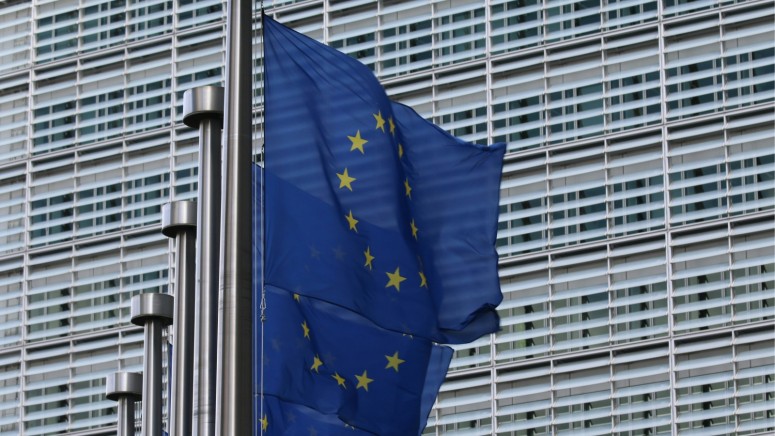
EU Struggles to Counter Russian Disinformation Before the European Election
- As European Union (EU) voters prepare to elect a new European Parliament, the EU fights alleged Russian disinformation.
- They say the actions of Moscow and pro-Kremlin actors are part of a broader interference campaign.
- Russia denies using disinformation to influence opinion, discredit European governments, and destabilize the EU.
Reuters reported on Monday that European governments claim Russia is spreading disinformation before the upcoming elections for the EU Parliament, which occur June 6-9. EU officials say Moscow and pro-Kremlin actors' actions are part of a wider interference campaign devised to discredit European governments and destabilize the EU via amplifying already-existing conspiracy theories, deepfake videos, and doppelganger websites, among others.
Allegations of Russian interference include The Czech Republic saying pro-Russian Ukrainian politician and businessman Viktor Medvedchuk covertly financed pro-Russian influence operations of the news website voiceofeurope.com and Belgium saying Russian officials had paid European Parliament lawmakers to promote Russian propaganda in Europe.
Russia denies these allegations, saying the West wants to destroy Russia’s reputation and rejects views that contradict their own narrative, banning the distribution of RIA Novosti news agency, newspapers Izvestia and Rossiyskaya Gazeta, and other Russian state media outlets, the Reuters agency said.
For the record, deepfakes are highly realistic synthetic videos or images that replace a person in existing media with someone else's likeness using AI (artificial intelligence) techniques, which makes them a great tool for disinformation and propaganda, while websites that look like official ones to propagate falsehoods are called doppelgangers.
Moreover, Stratcom, a team that fights against disinformation in Brussels, said they exposed a YouTube Russian-language video last month that said “citizens were fleeing dictatorship in EU member Poland” and seeking refuge in Moscow’s ally Belarus, presenting recurring pro-Kremlin narratives. EU officials say the video fitted a pattern – Russia-linked websites take pro-Kremlin content from state-controlled outlets/social media accounts and repackage it for EU audiences via new channels.
However, the EU's new Digital Services Act demands more information on practices related to deceptive advertising or political content and the swift removal of illegal content.
Facebook parent Meta Platforms, YouTube parent Google, and TikTok have announced measures to counter disinformation, AI abuse, and covert influence related to the European Parliament elections. However, in April, concerns that Meta failing to do enough to counter disinformation led the European Commission to launch an investigation into Facebook and Instagram.
The EU nations suspended four Russian media entities last month, including the Czech-registered website Voice of Europe, and the Kremlin said Western journalists in Moscow would face repercussions in retaliation.










